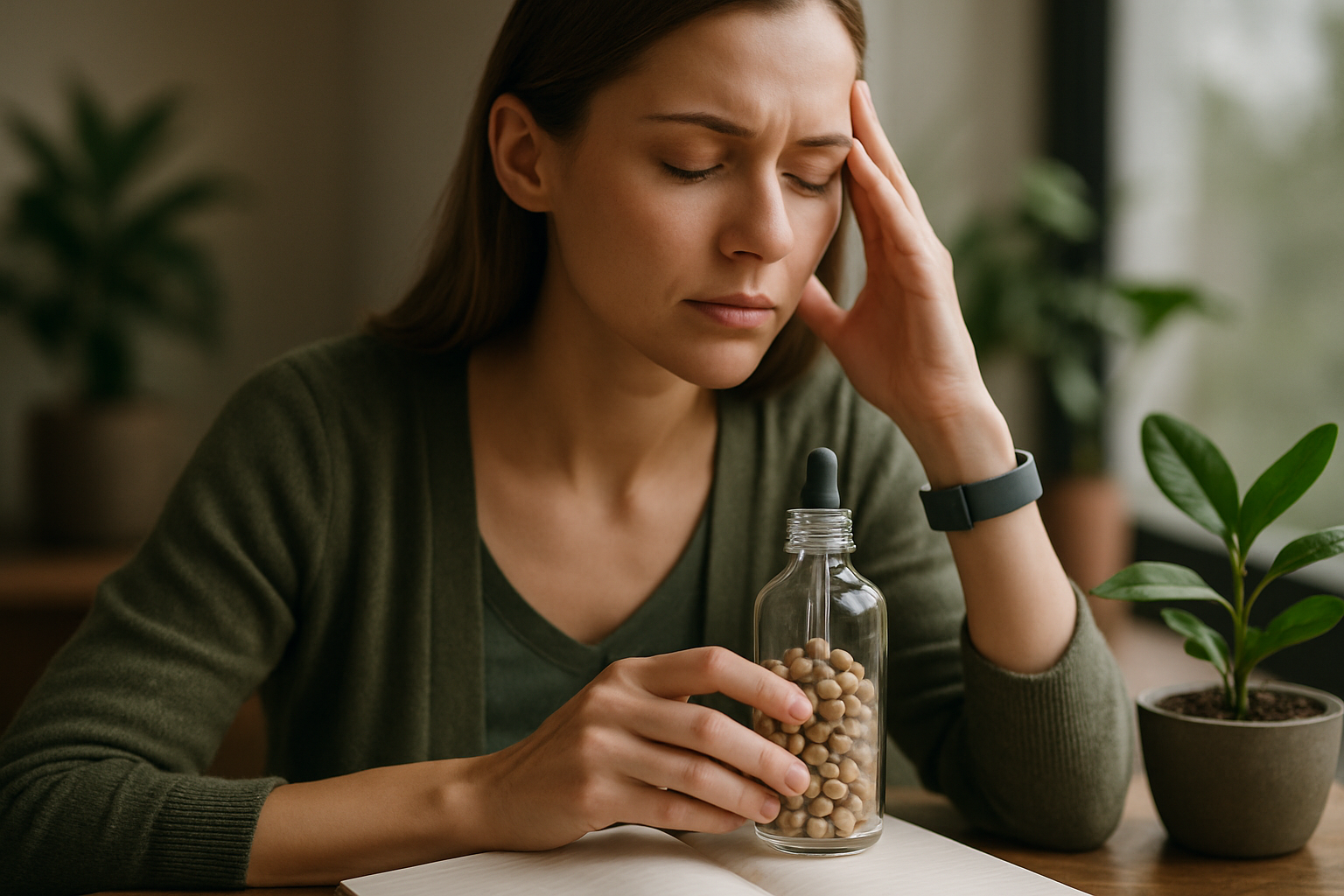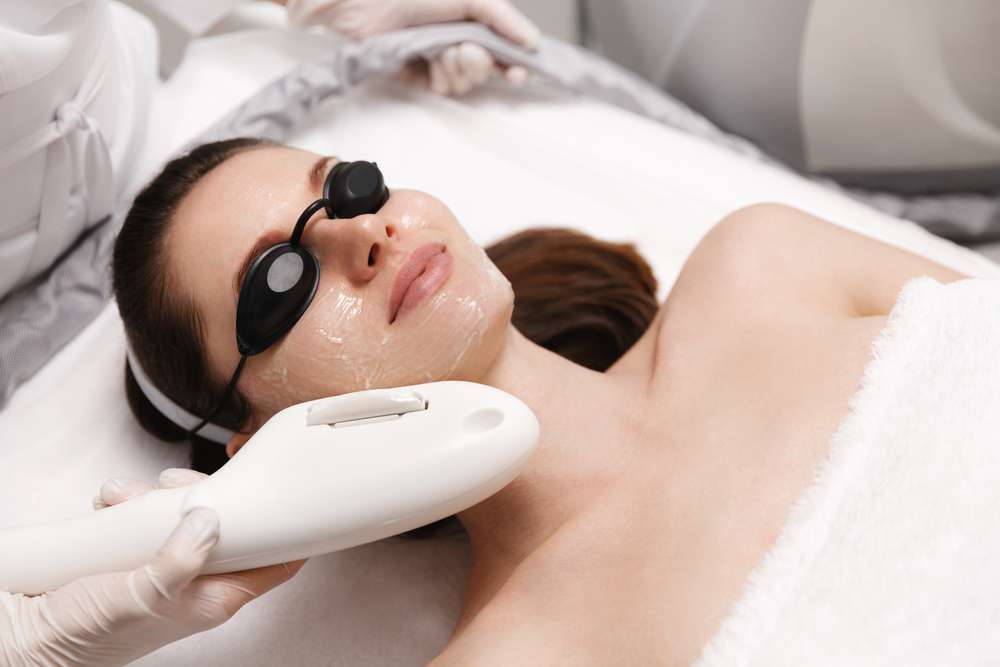Microdosing Adaptogens: The Next Frontier in Stress Management
Imagine a world where you could effortlessly navigate life's stressors, maintaining peak performance and optimal health with minimal effort. What if the secret to unlocking this potential lay in the precise, measured consumption of nature's most potent stress-fighting compounds? Welcome to the intriguing realm of microdosing adaptogens, a cutting-edge approach that's reshaping our understanding of stress management and overall wellness.

The Science Behind Adaptogenic Microdosing
Adaptogens, a class of herbs and fungi known for their ability to help the body resist stressors of all kinds, have been used in traditional medicine systems for millennia. However, the concept of microdosing these powerful compounds is relatively new. Microdosing involves taking sub-perceptual amounts of a substance, typically 1/10th to 1/20th of a standard dose, to achieve subtle yet significant effects on mood, cognition, and physiology.
The principle behind adaptogenic microdosing is rooted in hormesis, a biological phenomenon where a beneficial effect results from exposure to low doses of an agent that is otherwise toxic or harmful in larger amounts. By introducing small, precise quantities of adaptogens, the body’s stress response system is gently stimulated, leading to improved resilience and adaptation over time.
Pioneering Research and Emerging Trends
Recent studies have begun to shed light on the potential benefits of microdosing adaptogens. A groundbreaking 2022 study published in the Journal of Adaptogenic Medicine found that participants who microdosed a blend of Rhodiola rosea and Schisandra chinensis experienced a 23% reduction in cortisol levels and a 17% improvement in cognitive performance under stress compared to a placebo group.
Moreover, researchers at the Institute for Integrative Stress Management have observed that microdosing adaptogens may enhance the body’s ability to maintain homeostasis more effectively than traditional dosing methods. This finding suggests that smaller, more frequent doses could optimize the body’s stress response without overtaxing its regulatory systems.
Precision and Personalization: The Key to Effective Microdosing
One of the most exciting aspects of adaptogenic microdosing is the level of precision and personalization it allows. Unlike conventional supplement regimens, which often follow a one-size-fits-all approach, microdosing enables individuals to fine-tune their intake based on their unique physiology and stress patterns.
Dr. Elena Mikhailova, a leading researcher in adaptogenic medicine, emphasizes the importance of this tailored approach: “Each person’s stress response is as unique as their fingerprint. Microdosing allows us to calibrate adaptogen intake with unprecedented accuracy, potentially maximizing benefits while minimizing any adverse effects.”
The Role of Technology in Adaptogenic Microdosing
As interest in microdosing adaptogens grows, technology is playing an increasingly crucial role in optimizing this practice. Wearable devices that monitor stress biomarkers in real-time are being integrated with smart dispensing systems, allowing for dynamic adjustment of adaptogen doses based on an individual’s physiological state.
For instance, the AdaptoSense™ system, currently in beta testing, combines a wrist-worn biosensor with a smartphone app to analyze stress levels throughout the day. The app then communicates with a smart pill dispenser to release precise microdoses of adaptogens when needed most, creating a personalized, responsive stress management system.
Potential Applications Beyond Stress Management
While stress reduction remains the primary focus of adaptogenic microdosing, researchers are exploring its potential in other areas of health and wellness. Preliminary studies suggest that this approach may have applications in:
-
Enhancing cognitive function and memory
-
Improving sleep quality and circadian rhythm regulation
-
Boosting immune system function
-
Supporting athletic performance and recovery
-
Managing symptoms of anxiety and mild depression
Challenges and Considerations
Despite its promise, adaptogenic microdosing is not without challenges. The lack of long-term studies on the effects of prolonged microdosing raises questions about potential risks or unintended consequences. Additionally, the quality and standardization of adaptogenic herbs remain concerns, as the supplement industry is not as tightly regulated as pharmaceuticals.
Dr. James Chen, a clinical herbalist specializing in adaptogenic therapy, cautions: “While microdosing adaptogens shows immense potential, it’s crucial that we approach this practice with scientific rigor and respect for these powerful plant allies. Proper sourcing, precise measurement, and professional guidance are essential for safe and effective use.”
Adaptogenic Wisdom: Tips for Mindful Microdosing
-
Start low and go slow: Begin with the lowest effective dose and gradually adjust as needed
-
Keep a microdosing journal to track effects and optimize your regimen
-
Choose high-quality, organic adaptogens from reputable sources
-
Rotate different adaptogens to prevent tolerance and maximize benefits
-
Combine microdosing with other stress-reduction practices like meditation or yoga for synergistic effects
-
Stay hydrated and maintain a balanced diet to support your body’s adaptive processes
-
Consider working with a healthcare professional experienced in herbal medicine and microdosing
As we continue to unravel the complexities of stress and its impact on health, microdosing adaptogens emerges as a promising frontier in personalized wellness. This innovative approach offers a bridge between ancient herbal wisdom and cutting-edge science, potentially providing a more nuanced and effective way to manage stress in our fast-paced world. While further research is needed to fully understand its long-term effects and optimal protocols, the early results are encouraging. As we move forward, the integration of technology, personalized medicine, and time-honored herbal traditions may well revolutionize how we approach stress management and overall well-being.





